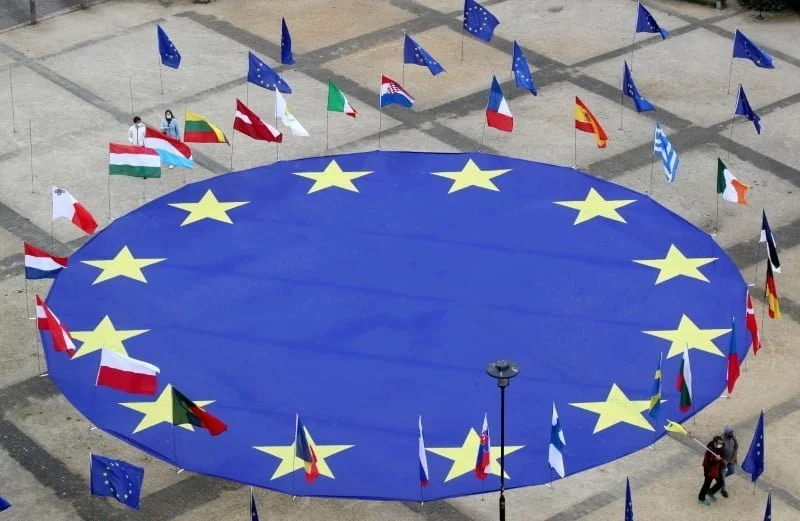On February 13, EU legislators of the European Union agreed on the regulations for artificial intelligence (AI), paving the way for the first legislation in the world to have an AI focus.

By a vote of 71-8, the Internal Market and Civil Liberties Committees approved the provisional agreement on the AI Act. The legislation aims to establish comprehensive artificial intelligence (AI) standards in various sectors, such as finance, automotive, electronics, aviation, security, and law enforcement.
The regulations will supervise generative AI and foundational models trained on massive data sets, such as OpenAI’s ChatGPT.
The endorsement is after the EU member states’ approval after France withdraws its objection. This development prompted concessions intended to improve the safeguarding of business secrets and alleviate the administrative burden on high-risk AI systems.
Efforts commenced after the December 2023 political accord to convert agreed-upon stances into a conclusive compromise text for legislative approval. This process culminated on February 2, 2023, with the “coreper” vote, comprising all member states’ permanent representatives.
In a post on the X social platform, the European Parliament Committee on Civil Liberties described the endorsement as an advancement for AI.
March or April is the anticipated date for a vote of the European Parliament on the AI Act. If passed, the legislation is expected to be entirely implemented 24 months after it enters into force, although specific provisions may be enforced earlier.
A consortium of technology companies and businesses dispatched a collaborative correspondence to European Union regulators in November 2023, cautioning against excessive enforcement of resilient AI systems that compromise innovation.
Thirty-three EU-based businesses endorsed the letter, emphasizing that excessively stringent regulations on foundation models and general-purpose AI could stifle vital regional innovation.
To oversee adherence to a collection of foundational models with systemic risks and significant impact, the European Commission is establishing an AI Office. It also disclosed initiatives to assist domestic AI developers, including modernizing the European Union’s supercomputer network for training generative AI models.
